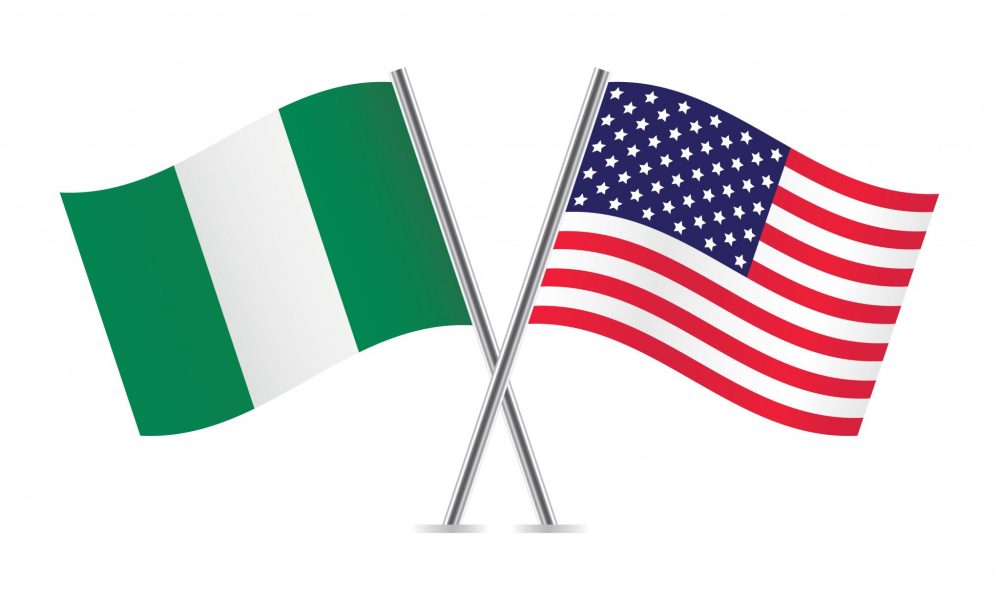Rosemary Kariuki emigrated from Kenya to Sydney in 1999, carrying only a few hundred dollars, some clothes, and gifts for strangers.
She made her first friend at the airport — an Ethiopian woman who was dropping off a friend for a flight — who listened to her story about escaping tribal wars and domestic violence.
But her first years in Australia proved lonely, motivating her to go on to support other refugees who were also struggling due to isolation.
That work has earned her the title of Australia’s Local Hero for 2021 at a ceremony in Canberra Sunday evening.
Now the multicultural community liaison officer for the Parramatta Police, Ms. Kariuki specializes in helping migrants who are facing domestic violence, language barriers, and financial distress.
For the past 15 years, she has used social setups like morning teas, dinners, dances, and road trips to build trust across various cultural groups.
“[After] fleeing Kenya alone in 1999 to escape family abuse and tribal clashes, her early years in Australia were terribly lonely,” the judging panel said.
“Her experience helped Rosemary recognize that isolation is a huge issue for many migrant women.
“So [she] devised ways to help women leave their house and meet women in similar circumstances.”
Also awarded at the event was the Young Australian of the year.
Millions of girls and young women around the world face period poverty, which often forces them to drop out of school.
For South Australia’s Young Australian of the Year Isobel Marshall, that reality is unacceptable.
At 18, the now 22-year-old crowdfunded $56,000 in 2018, alongside Eloise Hall, and established the charity TABOO, a brand of ethically sourced organic pads and tampons.
All TABOO’s net profits are sent to its charity partner (One Girls) in Sierra Leone and Uganda, where they are used to fight period poverty.
Locally, Isobel and TABOO have partnered with Vinnies Women’s Crisis center, providing free access to pads and tampons for women who require emergency accommodation in South Australia.
It was a trip to Kenya that served as the motivation for her work, Ms. Marshall said.
“We met girls who walk three hours every day to get to school with nothing but dirty rags to soak up the blood and dealing with period cramps but nothing to help the pain,” she said.
“We met girls who had dropped out of school at 13 because of their gender and biology.”


